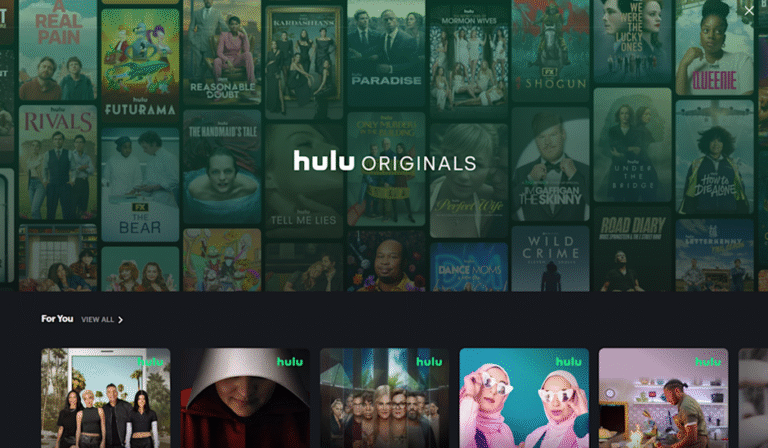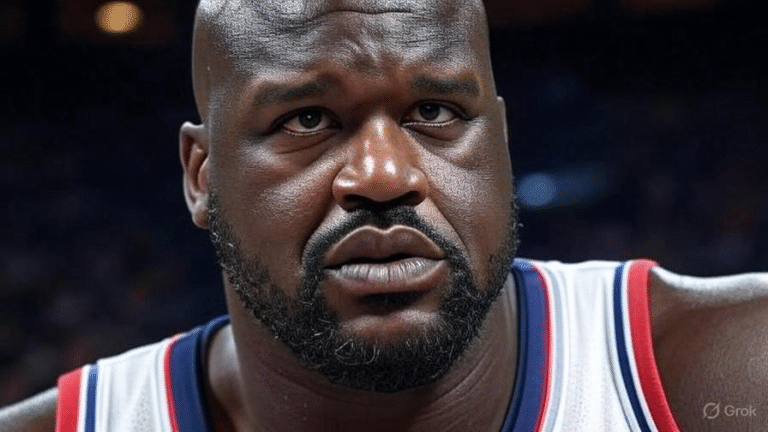After years of relentless struggle, Taylor Swift has finally claimed victory. On May 30, she revealed that she now owns the master recordings of her first six albums. In a heartfelt message to her fans, Swift declared, All of the music I’ve ever made… now belongs… to me.

Swift’s battle for control started back in June 2019 when her masters were transferred from Big Machine Label Group to Scooter Braun’s Ithaca Holdings, and then sold again to Shamrock Capital in 2020—moves she openly opposed. This upheaval fueled her decision to rerecord her earlier work as a way to reclaim ownership over what was always rightfully hers. These re-recorded albums didn’t just win hearts—they smashed streaming records and climbed the charts.
The process began in 2021 with Fearless (Taylor’s Version) and Red (Taylor’s Version). By 2023, she had released Speak Now (Taylor’s Version) and 1989 (Taylor’s Version), both hitting number one on the Billboard 200. While the idea behind these rerecordings is powerful and symbolic, the results haven’t always matched the originals. In some cases, the raw emotion and youthful spirit of the first versions proved difficult to replicate, especially with the more recent albums. Fans eagerly await the rerecord of her 2017 album Reputation, but the shadow of the original’s impact looms large.
Even though Swift’s buyback of her masters from Shamrock doesn’t erase the harsh realities of the music business—a world where contracts are increasingly crafted with clauses aimed to block artists from retracing her steps—it highlights an essential truth: artists deserve rightful ownership and fair compensation for their creations.
The music industry’s history is riddled with exploitation, where artists often come last in line to enjoy the rewards of their hard work. Streaming platforms and record labels absorb the lion’s share of income, leaving musicians, especially those just starting out, with mere pennies for every stream. Touring, once a lucrative venture, has turned into a financial gamble, pushing many mid-level artists to cancel shows or entire tours simply to avoid losing money. This grim reality worsens when considering the monopolistic grip of certain industry giants.
With Taylor Swift’s masters purchase dominating headlines, and numerous artists speaking out against mistreatment, the major labels face a pivotal moment: continue their exploitative ways that alienate talent or begin evolving in response to artists reclaiming power.
Artists like Olivia Rodrigo demanded ownership of their masters before signing with Geffen Records in 2020. Zara Larsson bought back her catalog in 2022. Both Chappell Roan and Bad Bunny have shared stories of landing some of the best contracts in modern music. Yet, many artists still don’t own the rights to their work, blocking them from fully enjoying the fruits of their labor.
Prince famously said in 1996, If you don’t own your masters, your master owns you. This statement rings truer now than ever. Artists deserve dignity, respect, and control over their creations. It’s high time the music industry catches up and treats creators with the fairness they’ve long been denied.



